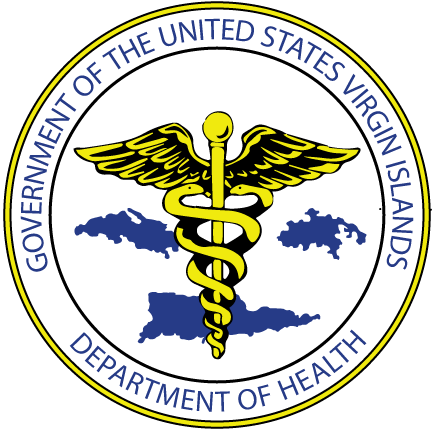U.S. VIRGIN ISLANDS – The VI Department of Health’s Epidemiology Division has teamed up with the Center for Disease Control (CDC) and the Puerto Rico Department of Health’s Vector Control Unit to combat the dengue outbreak in the territory, particularly in the St. Thomas-St. John District.
“In response to the outbreak, the Department of Health has mobilized teams in the St. Thomas-St. John District,” said Dr. Esther Ellis, Territorial Epidemiologist. “These teams, in collaboration with the CDC and Puerto Rico Vector Control Unit, began working today to control the spread of dengue through community outreach and mosquito control efforts.”
Outreach teams begin work today in high-risk zones which have been identified as Smith’s Bay, Anna’s Retreat, Charlotte Amalie estate and Bovoni in St. Thomas, and Fish Bay on St. John. A high-risk zone is an area with more than five confirmed dengue cases.
Teams will inspect residential areas, apply larvicides in high-risk zones, and educate the public on preventing mosquito bites and controlling breeding sites.
Outreach activities will continue until November 8th, and residents are urged to cooperate and take preventive measures like using repellents and eliminating standing water.
“We truly appreciate the support of the CDC and the Puerto Rico team, which has been fighting a dengue outbreak in Puerto Rico since March of this year,” said VI Health Commissioner Justa Encarnacion. “Our goal is to contain this outbreak here and prevent further transmission and illness across the territory.”



The USVI is currently experiencing a dengue outbreak, with 138 reported cases: 97 on St. Thomas, 37 on St. John, and 4 on St. Croix. However, we believe many more cases may be going undiagnosed and unreported. The Aedes aegypti mosquito, which spreads dengue, thrives in the current weather conditions, making it crucial for residents to know how to protect themselves and prevent transmission.
Dengue symptoms range from mild to severe and can sometimes be life-threatening. Common symptoms include fever, pain behind the eyes, muscle or joint pain, nausea, vomiting, and rash. These symptoms usually last two (2) to seven (7) days, and most people recover within a week. It’s important to rest and take acetaminophen for fever relief but avoid aspirin or ibuprofen.
If you experience dengue symptoms, we are urging you to consult your primary care doctor and get a blood test to confirm the virus. Approximately one (1) in 20 people who contract dengue develop severe dengue, with higher risks for infants, pregnant women, and those with previous infections.
Severe dengue typically occurs 24 to 48 hours, a day or two, after the fever subsides and includes symptoms such as severe abdominal pain, vomiting, bleeding, or extreme fatigue. If these symptoms arise, seek emergency medical attention immediately.
To track the territory’s dengue cases, visit www.doh.vi.gov and click on the “USVI Epidemiology Data Dashboard.”
Chikungunya Vaccine
The VI Department of Health is also reminding the public that the chikungunya vaccine is available throughout the month of October.
Chikungunya is also transmitted from human to human through the bite of infected mosquito. Symptoms of chikungunya include severe joint pain and swelling, muscle pain, headache, fever, rash and fatigue.
“With the community already facing a dengue outbreak, the availability of the chikungunya vaccine is a timely opportunity to boost public health and prevent further illness,” said Dr. Ellis.
The chikungunya vaccine, called IXCHIQ, is given as a single dose and is approved for use in adults 18 years and older. To receive the chikungunya vaccine, visit the Department of Health Community Health Clinic at the following locations:
- St. Croix – 2nd Floor, former Caribe Home Center Building, in Castle Coakley. Vaccination is available Monday to Thursday, between 9 a.m. and 3 p.m. An appointment is not necessary.
- St. Thomas – 2nd Floor, Schneider Regional Medical Center, Monday to Thursday, between 9 a.m. and 3 p.m.
For more information call the St. Thomas clinic at 340-774-7477 or the St. Croix clinic at 340-712-0131.
